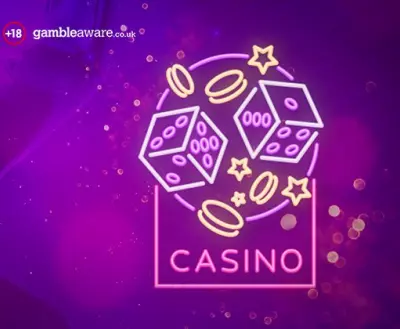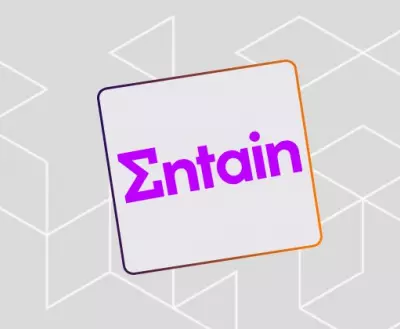After the United States Supreme Court ruled that Native Americans were exempt from Federal regulation on their reservations, a booming industry around Native American gambling resorts was born. Today, that market posts revenues of as much as $27 billion, with enterprising Native Americans benefiting handsomely from their endeavours.
The latest attempt at establishing a Native American gambling operation has come in the form of an appeal from Iipay Nation of Santa Ysabel, a tribe based in what is now California. Their Desert Rose online bingo site has been the subject of ongoing ranglings with regulators and courts for a number of years. But now, with a ruling from the Court of Appeals Ninth Division, the site must now be shut down.
It had been thought that the tribe had very little, if any, chance of succeeding in court, with the state authorities agitating against the site. However, the ruling is already being hailed as a significant clarification of the position around gambling laws in the US, and specifically as they relate to Native American gambling operations.
Native American tribes are permitted to operate gambling services under the Indian Gaming Regulatory Act, as well as being governed by laws at state and federal levels.
When the case first came to court back in 2014, representatives for the Iipay Nation said they were free to engage in gambling activity, as exclusively the jurisdiction of their tribe.
“Tribes are considered sovereign nations in the United States and inter-tribal gaming employing the Internet has been legal for several years. Class II gaming, such as poker, have been exclusively regulated by tribes in California since 1999. Absent a specific state prohibition on this type of gambling activity, which does not currently exist in California, tribes are free to engage in this activity as long as the activity is regulated by the tribe as described in the federal Indian Gaming Regulatory Act.”
Their position was rejected by the court, which said that accepting online wagers was in violation of the Unlawful Internet Gambling Enforcement Act – or UIGEA.
“The panel held that Iipay Nation’s operation of Desert Rose Casino violated the Unlawful Internet Gambling Enforcement Act (“UIGEA”). The panel held that the Indian Gaming Regulatory Act protected gaming activity conducted on Indian lands, but the patrons’ act of placing a bet or wager on a game of Desert Rose Casino while located in California, violated the UIGEA, and was not protected by the Indian Gaming Regulatory Act.”
“The panel further held that even if all of the ‘gaming activity’ associated with Desert Rose Casino occurred on Indian lands, the patrons’ act of placing bets or wagers over the internet while located in a jurisdiction where those bets or wagers were illegal made Iipay Nation’s decision to accept financial payments associated with those bets or wagers a violation of the UIGEA.”
“Because Iipay’s operation of DRB violates the UIGEA, the Court of Appeals for the 9th Circuit affirmed the district court’s order granting summary judgment to the Government.”
While the news will no doubt come as a blow to the Iipay, it is far from the end of the road. As was the case in New Jersey, adverse laws were finally overturned, paving the way for what is now one of the emergent markets for online casinos in NJ. In the meantime, the ruling has helped provide some much needed clarity on the legal position around online gambling offered by Native American tribes.








